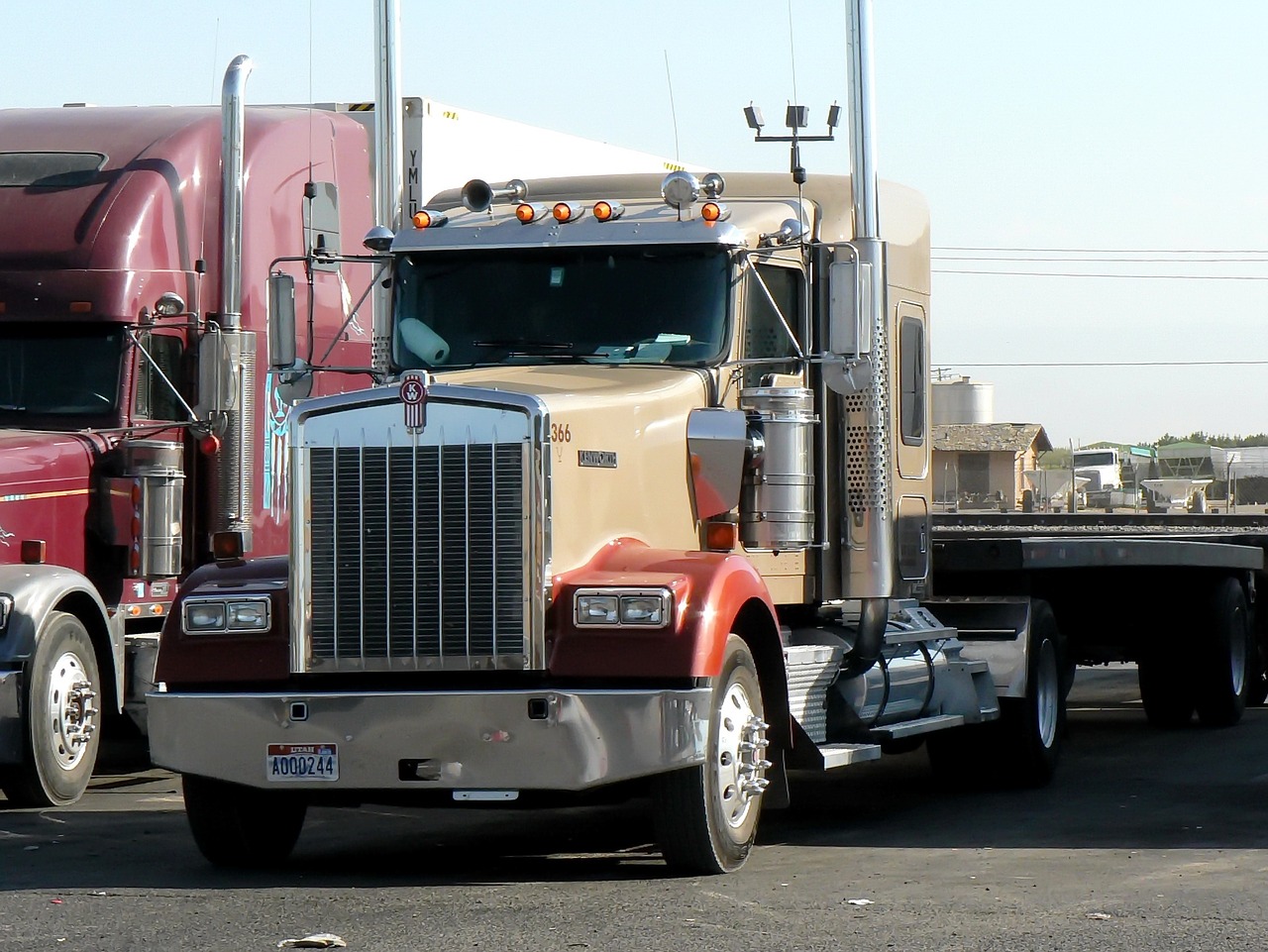
August 25, 2019
Just as it’s not that easy being green (as Kermit the Frog says), it’s not that easy being a truck driver.
I know this because I am the daughter of a truck driver and witnessed just how hard my dad worked. He spent long weeks on end away from home, sleeping in his truck cab at night, and most summers he never made it back into our town between June and early September.
He was a long-haul furniture mover for a California-based company. He owned his own truck. He considered himself as his own boss.
In fact, as I now realize, my father fell into the realm of what is now known as a “misclassified” employee. The job came without benefits—no vacation time, no health care—and he had to buy his own truck, lease a trailer, and take directions for jobs from the company dispatcher.

He managed to eke out a living, and get my brother and me through college, but I’m not entirely sure how. When I first saw his tax returns, it was as I was filling out financial aid documents for graduate school. The numbers shocked me. They were so low.
And as I just read in a new report on misclassified truckers and their impact on air pollution, trucking deregulation laws passed in the early 1980s made things even worse. Adjusted for inflation, the gross earnings of so-called contract truckers are barely more than what my father was earning when he retired in 1979.
The report, which will be released this coming week by the U.C. Berkeley Labor Center, explains how the trucking industry went through so many changes in the 1980s and 90s that misclassification became really common. Trucking companies routinely started shedding employees and converting them to contractors. At the same time, they shed expenses like benefits and the costs of buying and maintaining trucks.
So what does this have to do with the environment? Well, in the process of shedding employees, the companies also technically freed themselves of the responsibility of keeping the trucks in compliance with pollution regulations.
As the report notes, multiple government and independent academic studies have found that a key barrier to cleaning up trucks is that contract truckers can’t afford the needed fixes.
In California in recent years, we’ve seen this reality play out as different ports have tried to reduce the emissions they create through the truck traffic they draw. New rules on truck emissions have helped spur some trucking companies to misclassify drivers.
And that is one reason Sierra Club California, an environmental organization, is backing one of the key labor bills going through the legislature this summer.
That bill, Assembly Bill 5 (AB 5), authored by Assemblymember Lorena Gonzalez, would codify a recent California Supreme Court decision, called the Dynamex decision, that clearly defined the difference between a true contract worker and a misclassified worker.
So far, the bill’s opposition reflects businesses that benefit from cheap trucking, including members of the Western States Trucking Association. The bill’s support is heavy on labor unions, environmentalists and some business interests, including the Greater California Livery Association, which represents limousine service and bus companies.
By putting the court decision into statute, trucking companies will have a harder time escaping responsibility for cleaning up the pollution created by the vehicles that are at the heart of their profits. Bad-actor companies won’t be able to easily out-compete responsible companies.
AB 5 is especially important now as the California Air Resources Board prepares regulations designed to accelerate the use of zero-emission trucks.
It’s also important as transportation network companies, such as Uber and Lyft, are pressed by laws and ordinances and regulations to move to zero-emission vehicles.
In short, the bill will simply make it more difficult for transportation companies to avoid pollution regulation.
But it will do something else that Sierra Club recognizes as essential to a just and environmentally healthy society.
AB 5 will make it harder for companies to exploit people who, like my late father, just want to make a family-supporting wage.
That’s a big win for everyone who breathes in California.
Sincerely,

Kathryn Phillips
Director
Sierra Club California is the Sacramento-based legislative and regulatory advocacy arm of the 13 California chapters of the Sierra Club.
Please consider making a monthly donation.